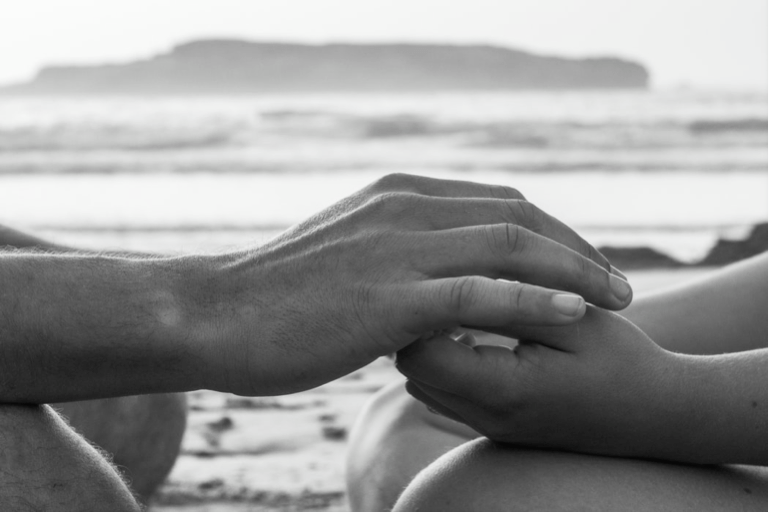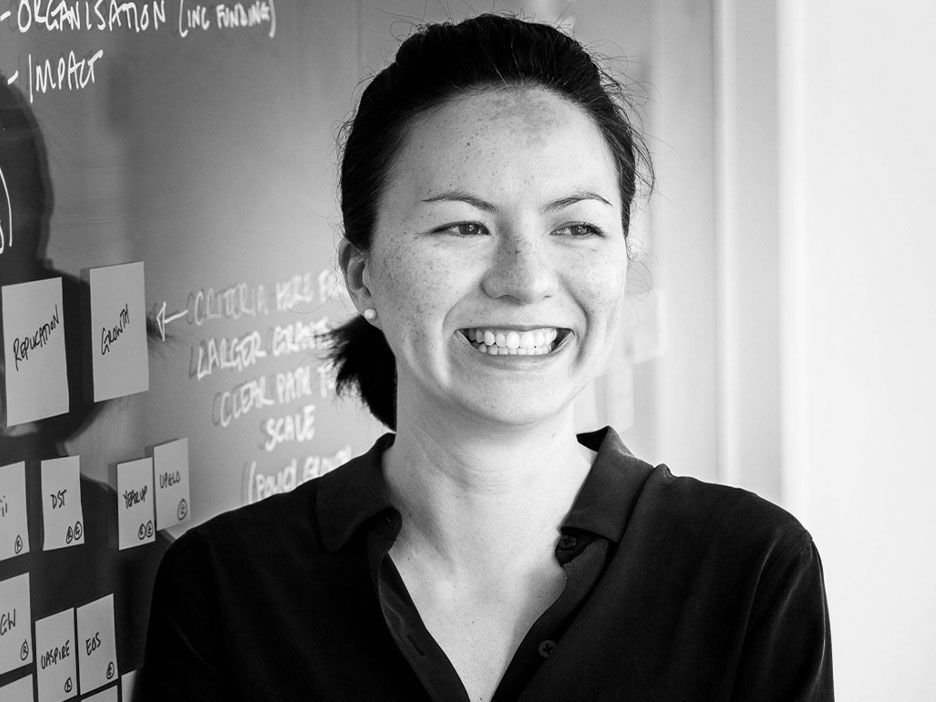GUIDING NEW DAILY RITUALS IN COVID-19 AND BEYONDGUIDING NEW DAILY RITUALS IN COVID-19 AND BEYOND

By Alana Cookman, Organisational Wellbeing Lead for The Wellbeing Project
“I miss my commute” is something I thought no-one would ever say. But now it feels like everyone is saying it. Why is something that was the bane of many a working day, suddenly being remembered as a cherished time? Did the crowded metro provide that much needed human contact? Perhaps it is one of the many everyday things we have lost and are mourning. It’s actually quite likely that we are missing the transition from Place A to Place B because it allowed us time to depart Role A and psychologically and emotionally arrive in Role B.
It turns out that role transitions pre-pandemic had a much more important task in our everyday lives than we gave them credit for. They supported crucial psychological detachment and a mindset shift that we are fast realizing is missing, as we live out all our roles from one confined place. Whether it was a walk in the park, or a gym session after a stressful day, or listening to music on our way to work, these activities, whether accidentally or intentionally ritualized, help support us ‘land’ in our various roles in a way that feels spacious – with less chance of stress and tension from the various parts seeping in to each other. How do you manage the crossing of your roles now? A cup of tea, a five minute meditation, a listen to your favorite podcast on a walk round the block, as you used to do on your morning commute, that helps you get into ‘work mode’? My daughter misses her many daily and weekly rituals from school. The activities that separate morning and afternoon, play time and work time, celebration and connection, endings and beginnings. The ‘golden time’ that makes work time that much more motivating. Ritualised activities can be invigorating or calming depending on what you need, and provide a welcome element of predictability for centering and grounding in times of such flux, and for honouring and acknowledging the change and loss happening so rapidly around us.
“Ritual practice is the activity of cultivating extraordinary ordinariness. It is necessary, because human activity has a kind of entropy about it; life, like love, runs down. Things get tiresome and difficult. Body and soul cry out for something different, hence the impetus to ritualize. But if the ritually extraordinary becomes a goal or is severed from ordinariness, it loses its capacity to transform, which, after all, is what rites of passage are supposed to do.” Ronal Grimes
There is a finer sense of awareness on what nourishes us, energises us and depletes us, as we tend to all parts of our lives in one physical space, too. Our shifting understanding of what work-life balance means to us is on our minds. What do we want this to look like when some more predictable routine returns? Rather than think of work-life balance as another thing to be achieved or fixed, it’s helpful to think of it as a continuum, with integration on one end and segmentation on another. While we are more on the integrated end of things at the moment, what can we learn from segmentors?
This is where the concept of micro transitions come in handy, because they help ease or put up the boundaries we need to support us transition from one role to another, depending on where on the continuum you want to sit. And that’s the beautiful thing with continuums; polarities aren’t problems to be solved, but rather parts of the same whole that can be managed, depending on your own needs and contexts. Polarity mapping is a tool that helps us adopt a ‘both, and’ as opposed to an ‘either,or’ mindset, something that is increasingly helpful in these complex times where many outcomes are likely to emerge in ways we aren’t accustomed to. It is a helpful process to use when you are faced with what seems like an opposing or contradictory situation and need a moment to reflect on where feels like a healthier place for you to be, both personally and in your professional lives.
The urgency of attending to immediate, and often unknown, needs (whilst being very distracted) during the first two months of the Covid-19 pandemic unfolding, is making way for different concerns, as we continue on in our worlds of ‘sheltering in place’. Many people emerging from what felt like a months of back-to-back Zoom calls are craving an element of sustainability to their days and weeks ahead. Accepting a possible longer haul at home has us wondering how we can create space in between our calls, roles, days and weekends, to enable a healthier way of being, working, and living. How are you showing up and switching off in this time of blurred boundaries? What do your in-between spaces look like? Do you even have any? Are your kids sharing breakfast with your team in little squares on your laptop screen? Are your work issues seeping into your relationships? How many times have you checked email in bed recently? Perhaps you aren’t working right now, which could be causing worry or guilt. Some of us don’t want to do anything and are anxious we aren’t being creative, productive or even reflective enough. Some of us want to be doing much more to help others in more pressing need. We are craving human connection but are drained by virtual meetings. It seems our working selves are in a flux of paradox and polarity.
Even though lockdowns are easing globally, it’s very likely that it will be a slow process and remote work in some form, is here to stay for many of us. Given this largely unplanned merger of life and work, it’s a good time to think about how we approach our different roles, wherever you sit on the compress or expanse scale. How are you embodying your various roles in ways that you want to, without leaving the physical space you are in? How are you creating in-between spaces, or micro-transitions, that help you show up and switch off in ways that support you and those around you? Can you share any rituals that support these transitions in your extraordinary everyday life? Being well and working well do not have to be separate ends of the pole.
What differences can you make now that your body and soul will be thankful for? Whatever your answer might be, know that this is the moment where you can design the new you.
About the author:
Alana Cookman is Organisational Wellbeing Lead at The Wellbeing Project which is exploring and demonstrating how individual and organisational wellbeing can be cultivated, to catalyse a shift towards a more human-centred culture in the social change sector.
















































Leave a Reply